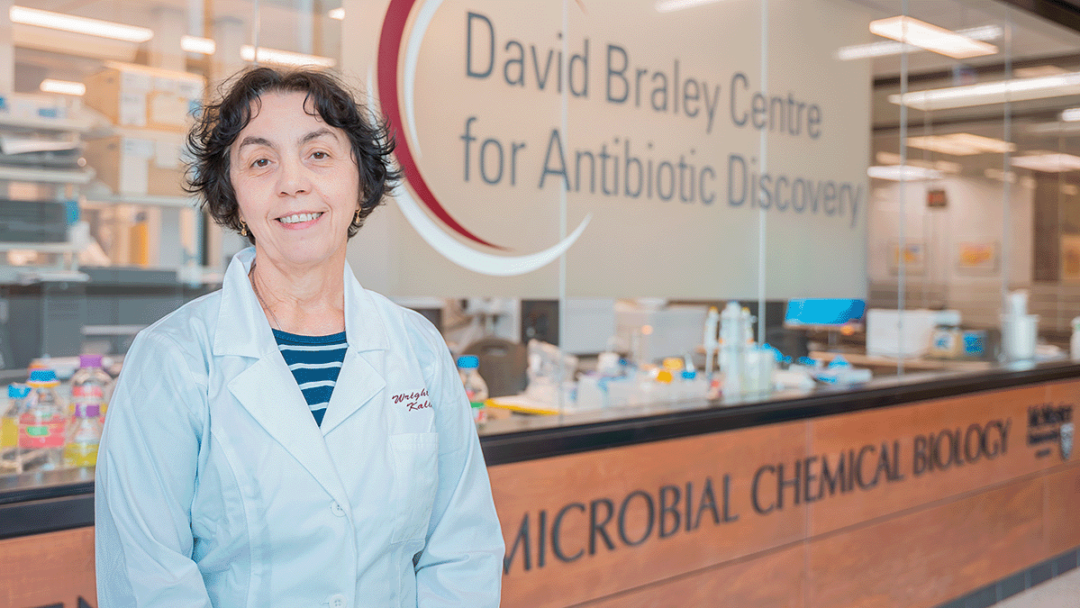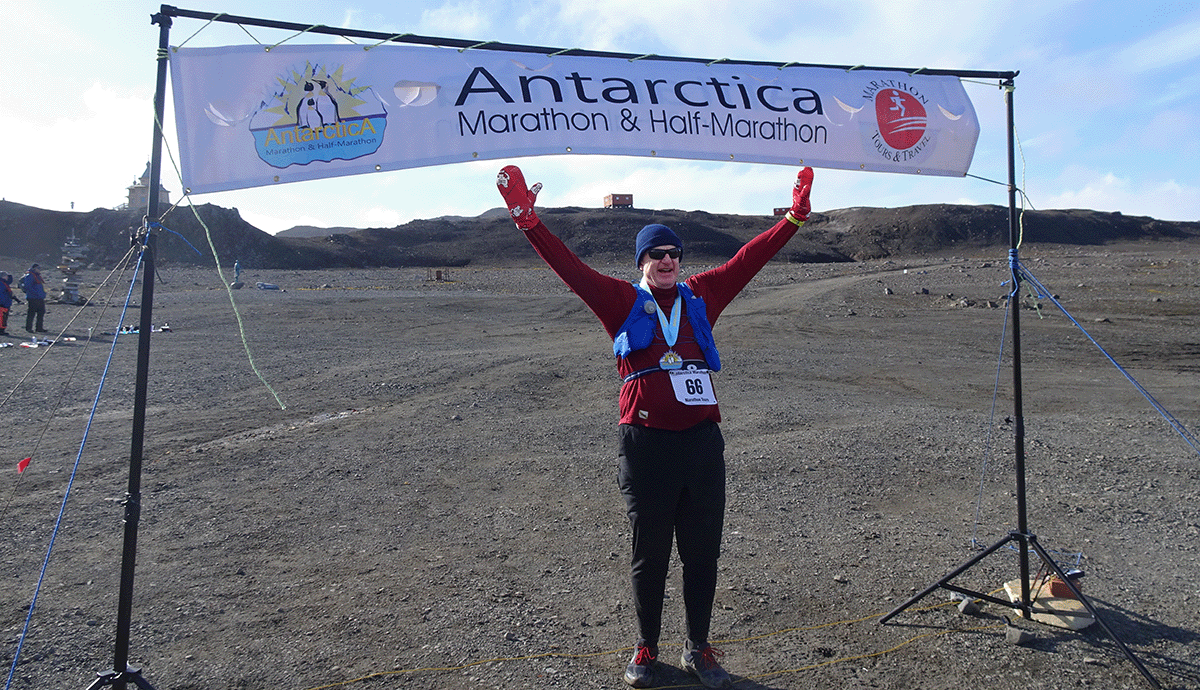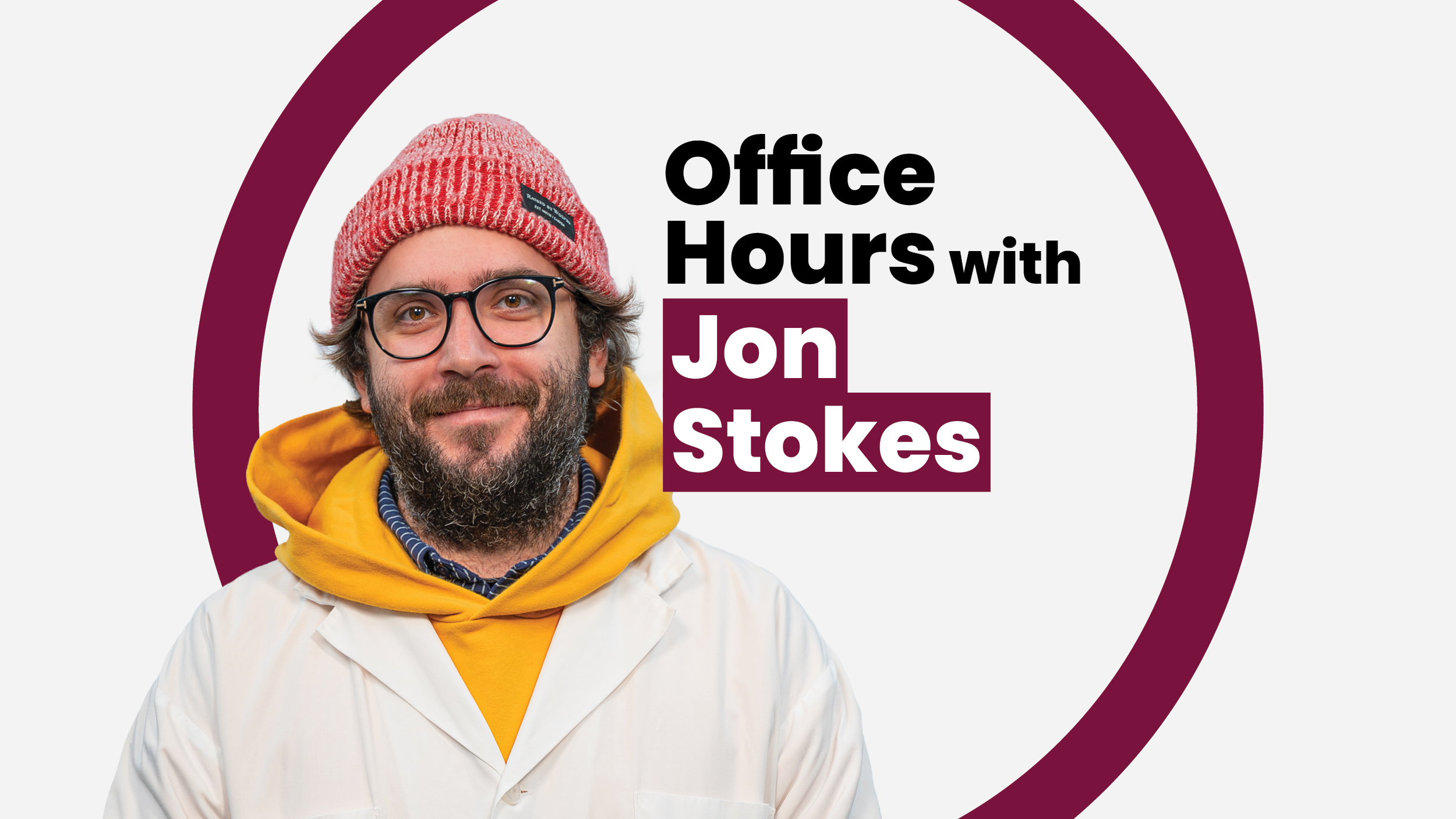Come to work with a research associate

McMaster University’s Faculty of Health Sciences is powered by nearly 1,500 staff members. In the series “Come to work with,” we’re profiling staff across the faculty and the critical work they do.
Kalinka Koteva is a research associate with The Wright Lab, a research group at McMaster University helmed by Gerry Wright, a professor with the Department of Biochemistry and Biomedical Sciences and a member of the Michael G. DeGroote Institute for Infectious Disease Research. We spoke with Koteva about her long journey in the research world, her passion for organic chemistry and her more than two decades working with one of Canada’s most respected scientists.
What is your role as a research associate with The Wright Lab?
I am a bench worker scientist with a background in synthetic organic chemistry. The biggest part of my day is spent in the lab studying antimicrobial resistance and drug discoveries from natural products. We are hoping one day we’ll make a drug that can go into clinical trials and eventually into the clinic to kill bacteria and become an antibacterial drug. Antimicrobial resistance is one of the top 10 threats to global health, according to the World Health Organization.
You’ve worked at McMaster for more than 20 years. What was your journey like?
I moved from Bulgaria to Canada in 1998 to pursue my passion of organic chemistry at Sherbrooke University. I moved to McMaster in 2000, so it’s been about 24 years. As a child, my dream was to be a chemist and here I am now doing what I love to do. My biggest achievement so far has been working on a project that went into preclinical studies, where I had to work on the total synthesis of a compound. That was a significant accomplishment for me.
What is an average day like as a research associate?
I spend my day in the lab, creating molecules, and working on natural products. To build molecules, you look at the chemical structure of a compound, and you have to figure out how to stitch the smallest parts together. Choosing the right reagents and the proper conditions is essential in this process. I also collaborate with students and postdoctoral fellows from neighbouring biochemistry labs.
What’s your favourite part of the job?
It is the synthesis that’s my passion. It’s like cooking in the kitchen. You produce something and then you test it on bacteria and see the effect. It’s not always successful. We go up and down in science, more often down than up, so we appreciate every good result we get.
What advice would you give to someone who is either considering lab-based research as a career or is new to it?
I encourage them all the way from the beginning until the end to be persistent and never give up. Eventually, if you work hard and try enough times, it will work out. Everyone brings something unique that you’ve never seen before and if it’s good, of course, you keep it as a tool. To be a scientist, you need a certain personality. You need to be passionate, motivated, and hard-working. The other very important thing is to be people-friendly, to work with teams, and to show empathy.
Come to work with, Faculty & Staff, LeadershipRelated News
News Listing

4 days ago

30 marathons, 7 continents: A vice-dean’s running journey across the globe
Faculty & Staff, Feature
7 days ago

